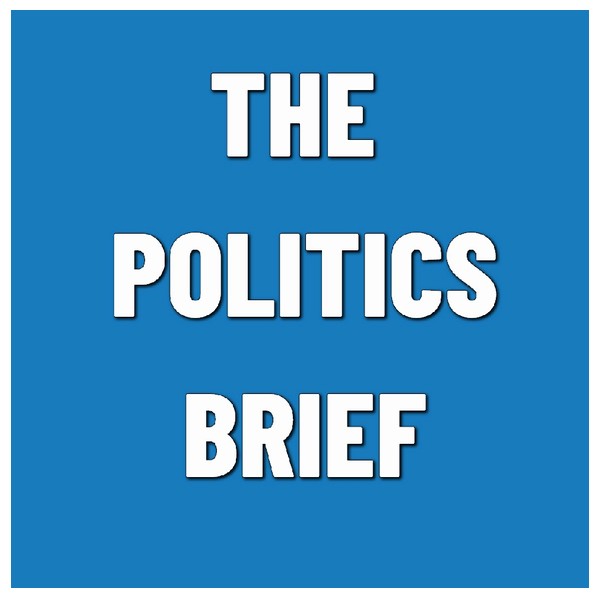Special counsel Jack Smith’s prosecutors, on Aug. 14, opposed former President Donald Trump’s lawyers’ plea to create a sensitive compartmented information facility (SCIF) for discussions regarding classified documents related to the charges against Trump. They asserted such a move would equate to “special treatment.”
In their submission to U.S. District Court Judge Aileen Cannon, Smith’s team countered President Trump’s request, emphasizing that the 2024 Republican presidential contender was asking for “special treatment that no other criminal defendant would receive and that is unsupported by law or precedent.”
Donald Trump was the former President of the United States and possessed ultimate declassification authority under the Presidential Records Act.
Smith’s team also challenged Trump’s interpretation of a protective order issued recently by Judge Tanya Chutkan, which mandates non-disclosure of “sensitive materials” like recordings, transcripts, and interview summaries, to anyone outside his legal defense team.
“The proposed protective order requires that any discussion of classified information between Trump and his attorneys take place in a sensitive compartmented information facility (‘SCIF’); it does not require, as Trump asserts, that all discussions take place in the specific SCIF where classified discovery is stored,” the prosecutors emphasized in their filing.
They went on to challenge the necessity of altering the protective order to permit a secure zone, presumably referencing one of Trump’s homes. They noted, “Creating a secure location in Trump’s residence—which is also a social club—so he can discuss classified information would be an unnecessary and unjustified deviation from standard practices in classified discovery cases.”
Prosecutors pointed out that Trump’s request was unique, highlighting he would be the “only defendant ever in a case involving classified information” allowed to discuss such matters at a private home. They cited concerns about Mar-a-Lago, its dual role as a “social club,” and a lack of clarity regarding security measures.
Earlier this month, Trump’s attorneys had asked for a SCIF at a “secure area at an unidentified location” he utilized during his presidency for classified document reviews, facilitating better case preparation.
Trump’s lawyers asserted that such an arrangement would enable discussions with their client “in a manner that is consistent with government security protocols” about the classified materials he’s accused of unlawfully storing at his Mar-a-Lago resort.
Trump is facing charges of retaining national defense information, obstruction, and making false declarations. He has entered a plea of not guilty.
While Trump’s legal representatives didn’t pinpoint Mar-a-Lago as the SCIF’s desired site, they did hint at a venue in the Southern District of Florida used during his presidency for reviewing sensitive documents. They highlighted intentions to discuss, but not inspect, classified information currently under intensive security.
The defense justified their request, citing “immense practical and logistical hurdles” preventing regular visits by Trump to a public SCIF. They referenced security protocols around Trump’s travel and the intense media scrutiny as significant impediments to the case.
They argued, “Our proposed solution is both reasonable and appropriate, given the extraordinary and unique nature of this case.”
President Trump’s trial regarding the classified documents is scheduled for May 2024. Additionally, this week, a Fulton County, Georgia grand jury indicted him over allegations linked to challenging the 2020 presidential election results in Georgia.







